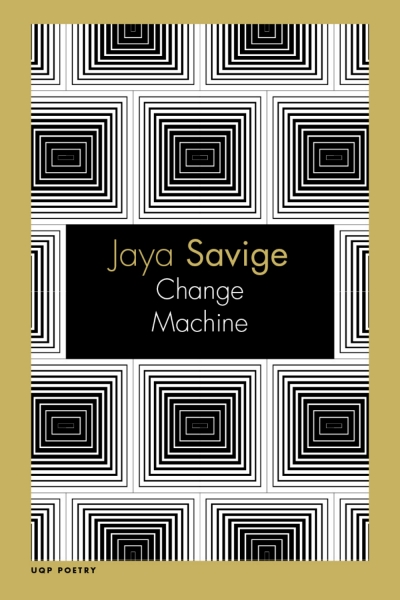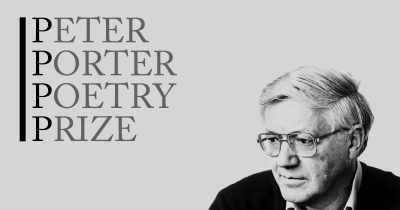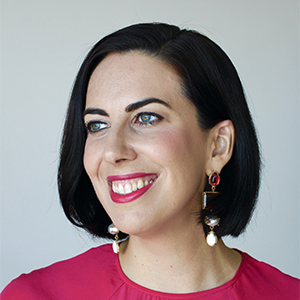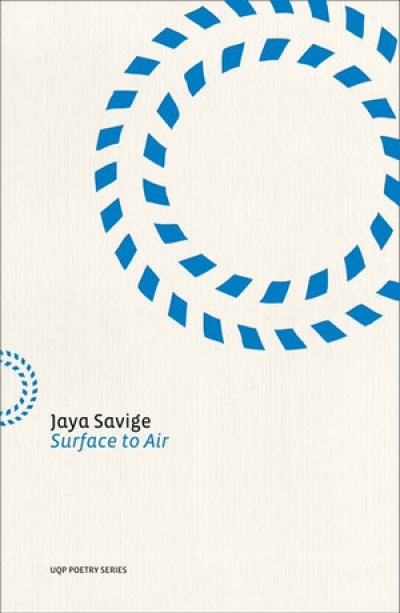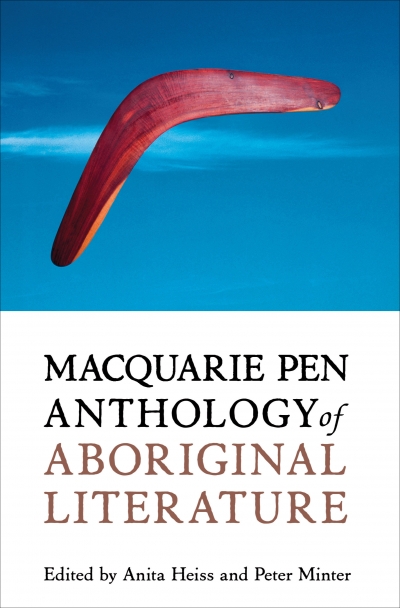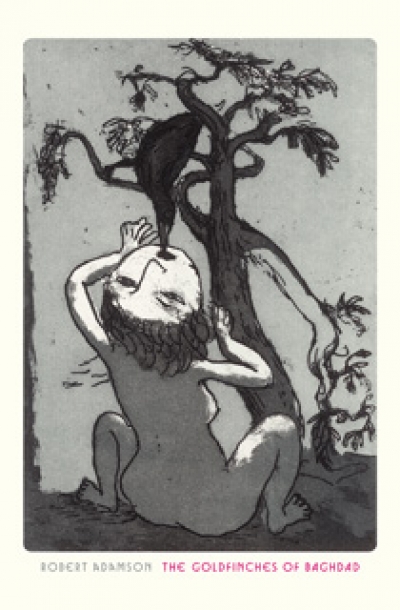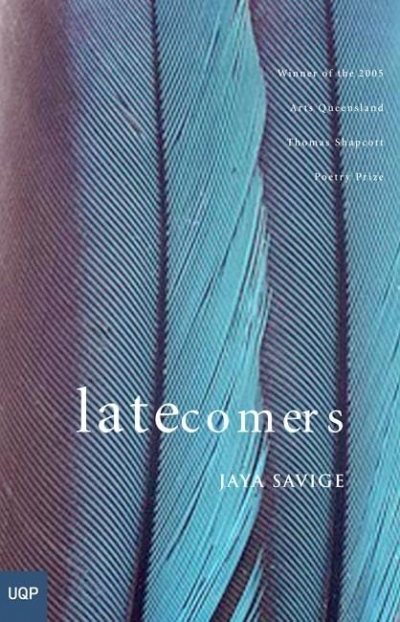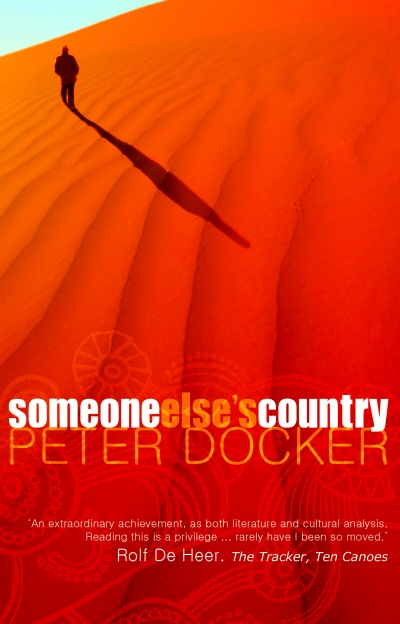Jaya Savige
In thrall to thresholds, drawn to every brink,
at three weeks old
an infant’s eye adores the frames of things,
the joinery that holds
each smudge in place, and individuates.
Macquarie PEN anthology of Aboriginal literature edited by Anita Heiss and Peter Minter
by Jaya Savige •
Phosphorescence by Graeme Miles & Peeling Apples by Tessa Morris-Suzuki
by Jaya Savige •
He sang of old coins buried beneath the dunes,
to the north of the island, near the old artillery battery.
For forty years he rowed for mullet north, and south,
where the war epic motion picture was shot recently.
To the north of the island, near the old artillery battery
we played hide and seek as kids in acres of bladey-grass.
Where the war epic motion picture was shot recently
no one was allowed within a thousand metres.

